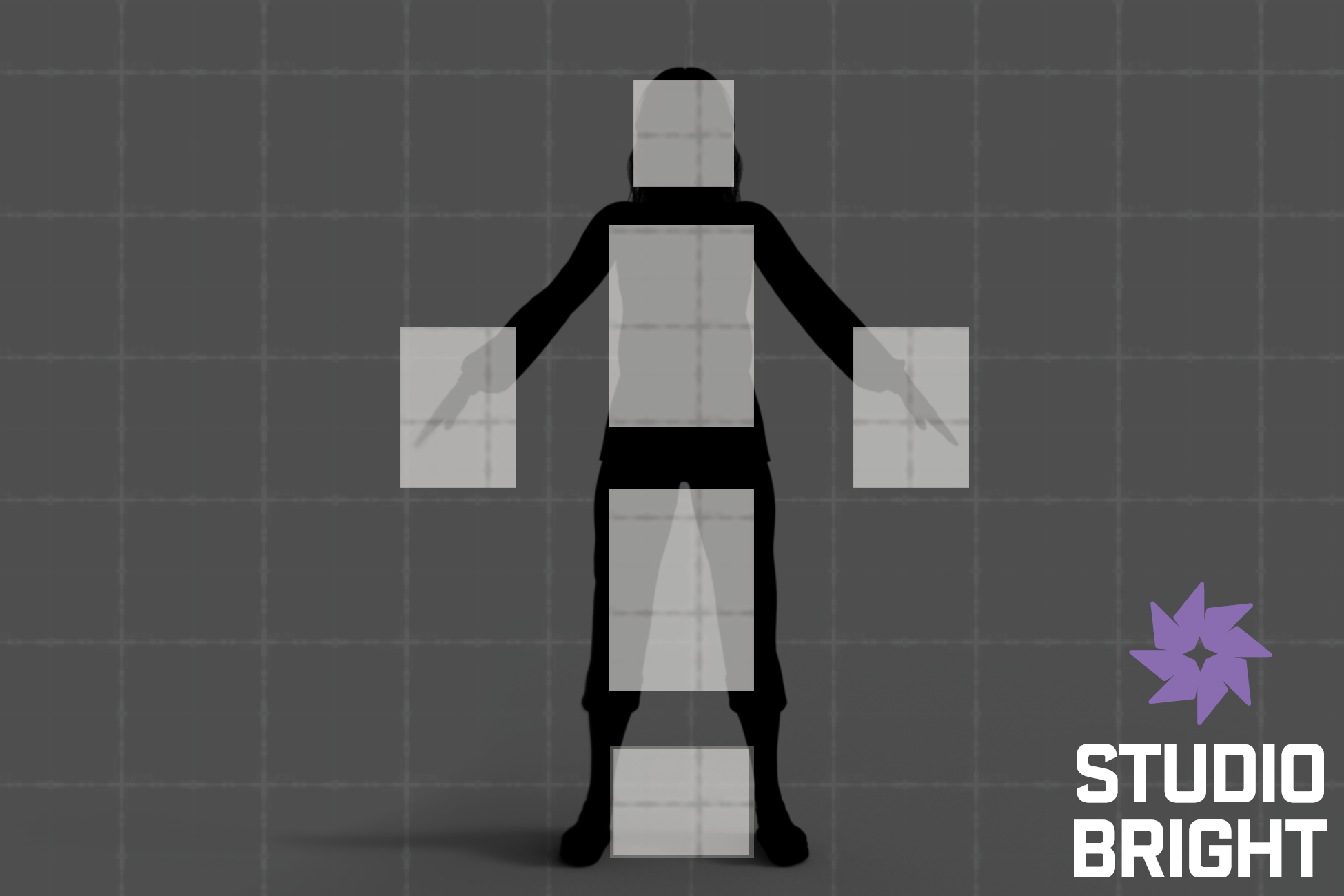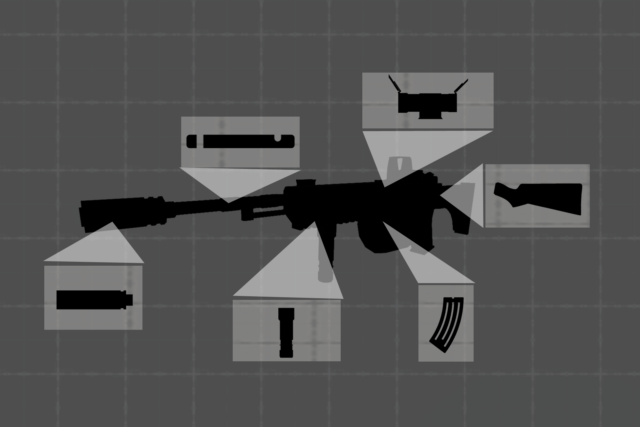
Streamline Object Management and Enhance Gameplay
Accessorizer empowers designers by streamlining object management and boosting creativity. Whether you’re building RPGs, simulations, or casual games, this tool is a must-have in your toolkit.
Accessorizer is available for purchase on the Unity Asset Store.

Discover Accessorizer's features
Group Related Game Objects
When designing complex scenes, it’s essential to organize related objects efficiently. Accessorizer allows you to group game objects together logically. For example:
Character Models: Group hairstyles, clothing, and accessories for easy manipulation.
Modular Items: Combine various components (e.g., weapons, armor pieces) into cohesive sets.
Control Item Visibility
Visibility management is crucial for optimizing performance and enhancing user experience. Accessorizer lets you:
Toggle Visibility: Enable or disable specific groups of objects using editor events or programmatically.
Rule-Based System
Accessorizer’s rule-based system enforces relationships between items. Define rules such as:
Mutually Exclusive Items: Ensure that only one accessory (e.g., hat, glasses) is visible at a time.
Dependency Rules: Show certain items only when specific conditions are met (e.g., show a backpack when the character wears a jacket).
Color Group Feature
Material colors play a significant role in aesthetics. Accessorizer’s color group feature allows:
Automatic Color Modification: Change material colors across entire groups of objects.
Dynamic Themes: Adapt colors based on game events (e.g., health status, environment).
Randomize with Procedural Generation
For procedurally generated content, Accessorizer offers:
Randomization Options: Randomly select items from predefined groups.
Variety and Replayability: Create diverse characters or items with ease.
Simple Workflow
Unlike complex setups, Accessorizer only relies on game objects:
No Heavy Dependencies: Minimal configuration—just attach scripts to relevant objects.
Unity Integration: Seamlessly integrates with Unity’s GameObject system.